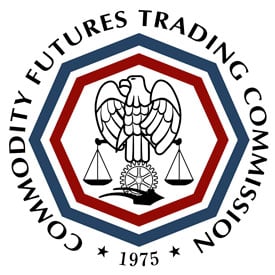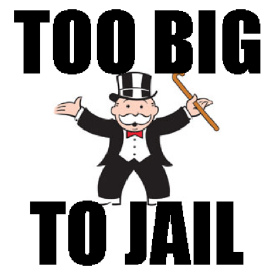Robert Leroy Higgins, owner of precious metals dealer Argent Asset Group and the First State Depository (FSD) in Delaware, is in hot water with the Commodities Futures Trading Commission (CFTC).
 The agency accuses Higgins and his companies of misappropriating $7 million dollars in assets of over 200 clients through what is described as a “fraudulent silver leasing program.”
The agency accuses Higgins and his companies of misappropriating $7 million dollars in assets of over 200 clients through what is described as a “fraudulent silver leasing program.”
Regulators thus announced last week they are pursuing a civil enforcement action against Higgins and his companies. And a U.S. District court judge froze their assets.
According to the CFTC’s press release, “The defendants misappropriated other client assets and misled and deceived those clients when they attempted to withdraw their assets or transfer them to another depository.
“In addition, the defendants lied about the insurance coverage FSD maintained and failed to adequately insure its clients’ assets despite representations and guarantees it made to the contrary.”
The CFTC “seeks restitution, disgorgement, civil monetary penalties, permanent trading and registration bans, and a permanent injunction against further violations of the Commodity Exchange Act (CEA) and CFTC regulations, as charged.”
The allegations are serious and so are the proposed penalties. The courts will decide whether Higgins, Argent Asset Group, and First State Depository are liable – and if they are, what damages he’ll face. If Higgins and his companies are ultimately found liable for cheating silver investors, they will certainly deserve what they get.
If only the CFTC were as tough on Wall Street banks.
 Unfortunately for Higgins, he is apparently not as well connected as JPMorgan Chase and other behemoths whose traders have been rigging markets and swindling clients in a variety of ways for decades.
Unfortunately for Higgins, he is apparently not as well connected as JPMorgan Chase and other behemoths whose traders have been rigging markets and swindling clients in a variety of ways for decades.
Despite being ordered to pay damages in the billions of dollars, no major bank has been subject to a "permanent trading and registration ban."
None have been significantly crippled by monetary penalties when regulators bothered to assess any fines at all.
The CFTC famously spent 5 years “investigating” price rigging in the precious metals markets and managed to find no actionable claims. That investigation was shown to be a farce when the Department of Justice got involved years later – finding serious crimes during the exact same period of time.
It turned out the evidence of ongoing criminal behavior was overwhelming. The banks involved, including JPMorgan and Deutsche Bank, pleaded guilty.
However, the DOJ also stopped short of a trading ban -- or fines big enough to really hurt.
Serious enforcement appears reserved for alleged crooks who are small-time in comparison. This situation may provide another anecdote about regulatory capture and the two-tiered system of justice.


